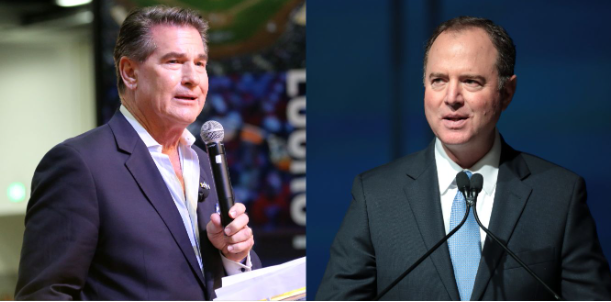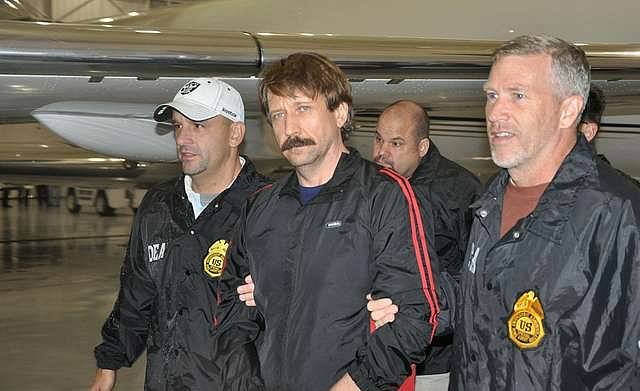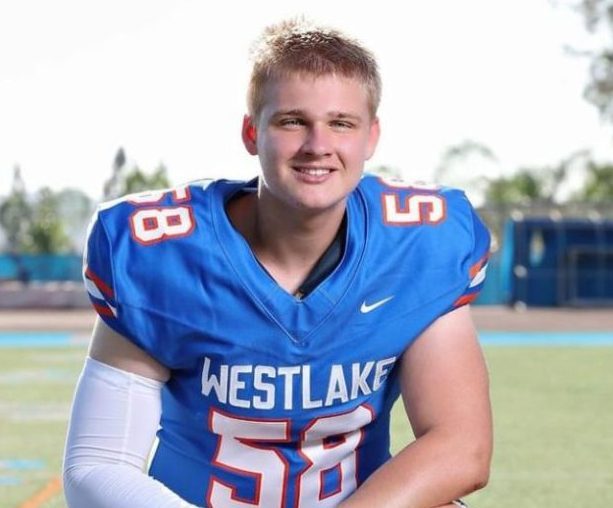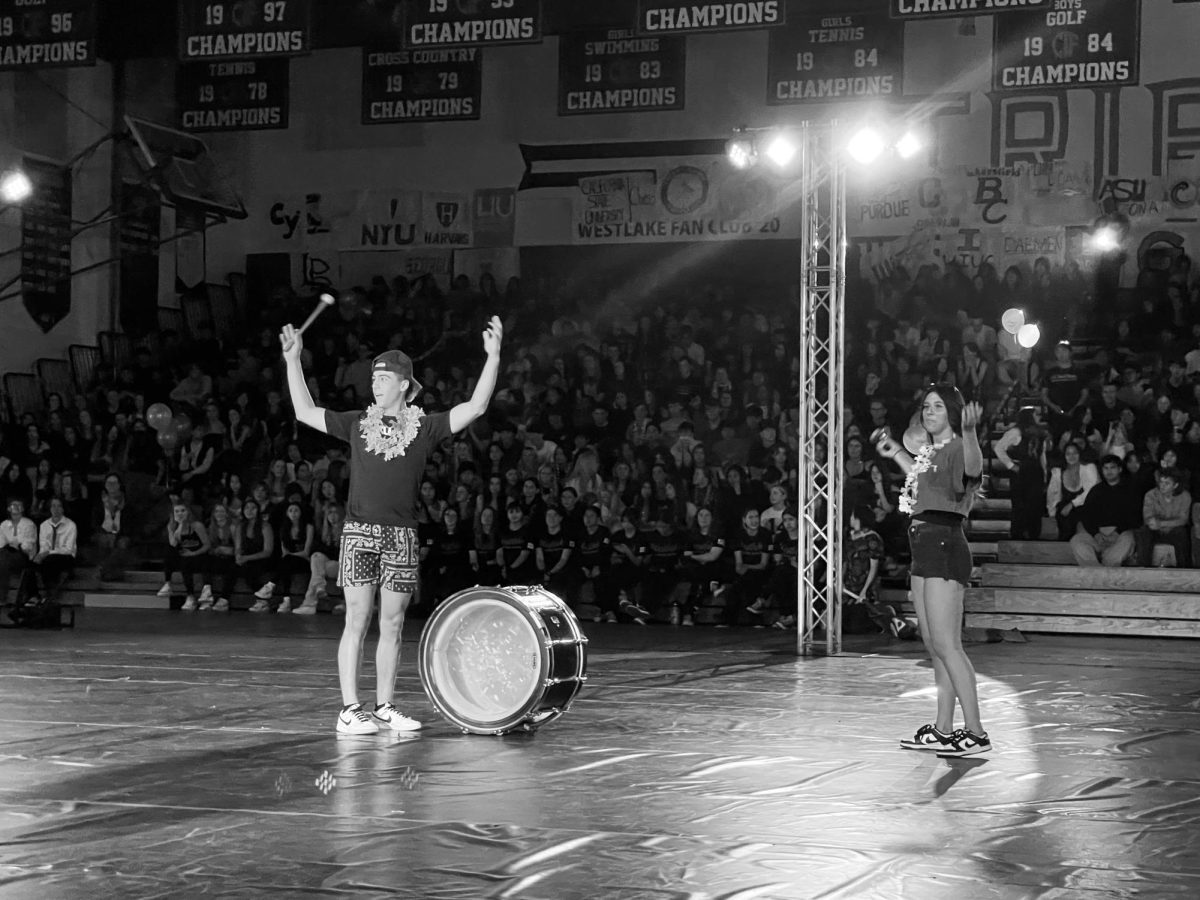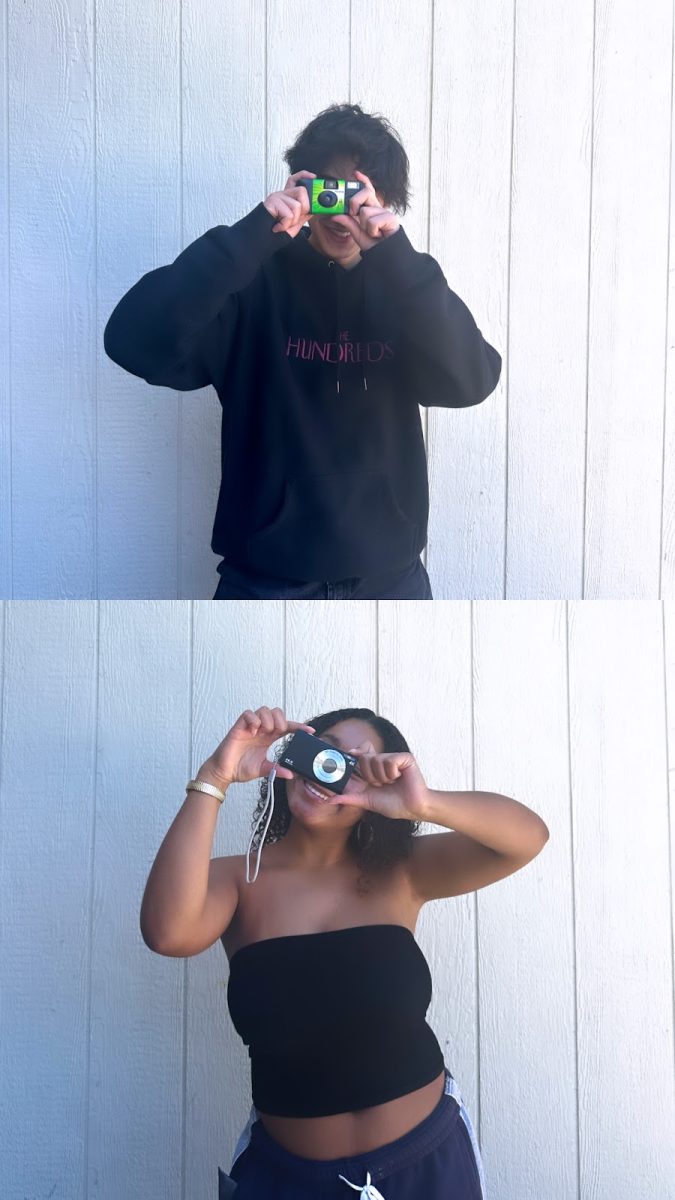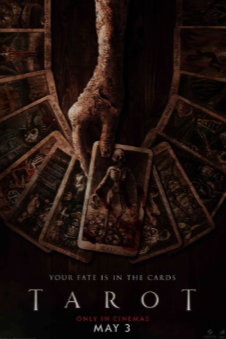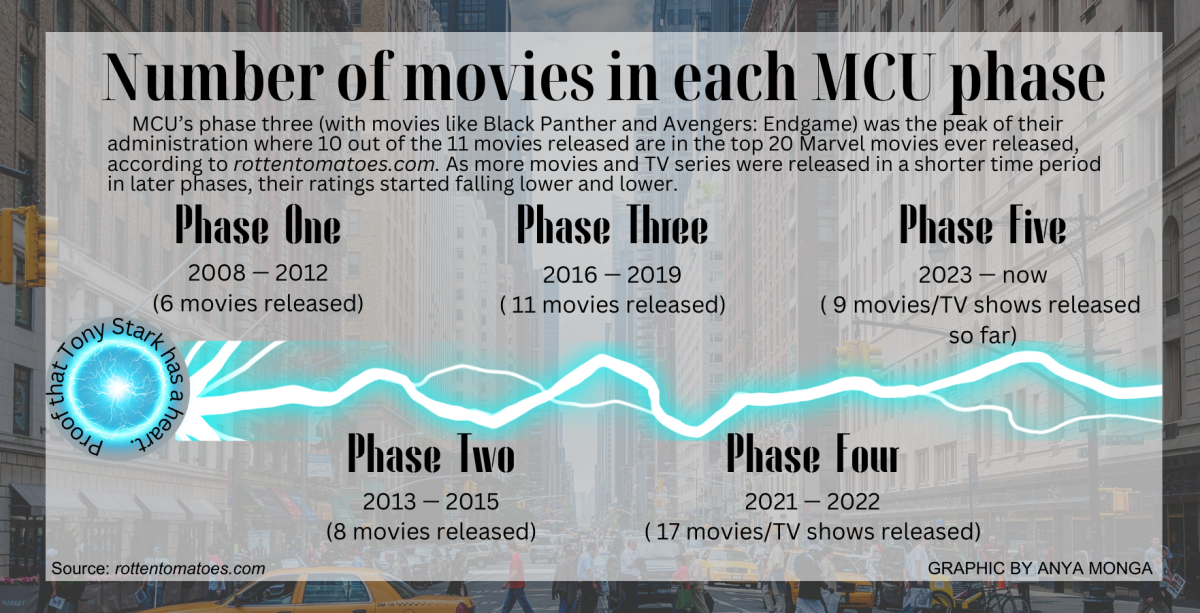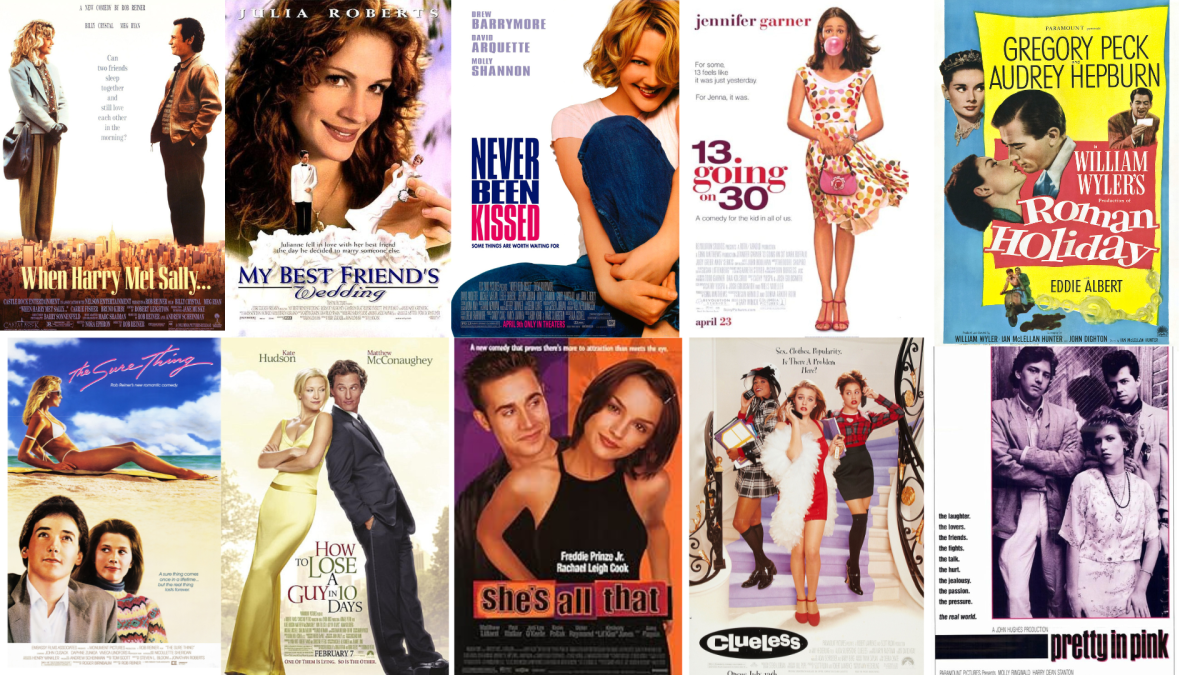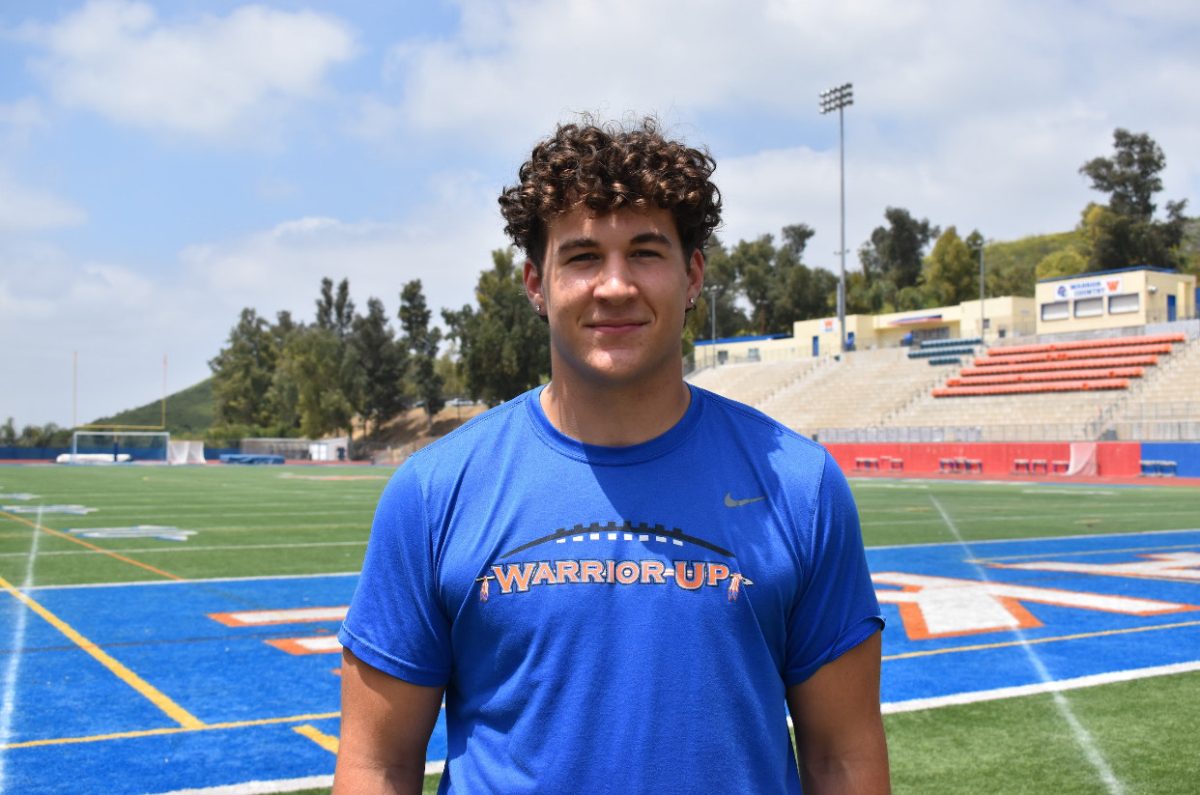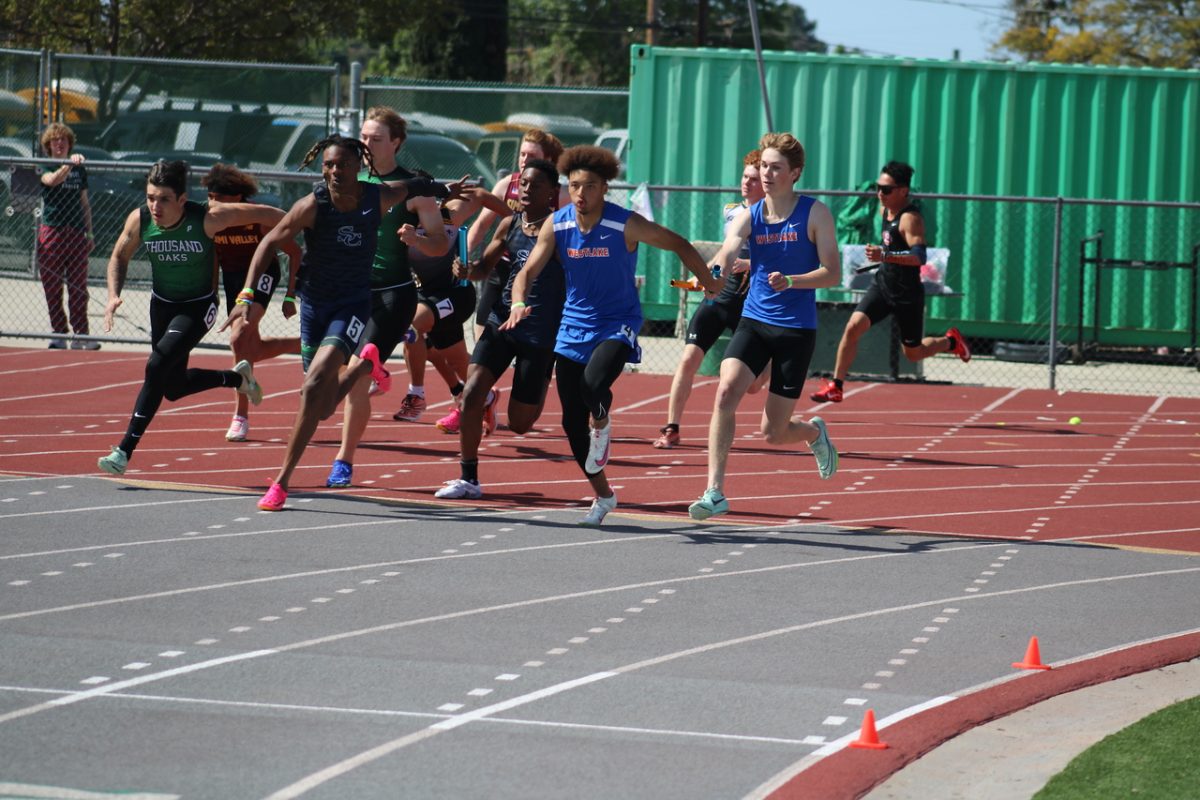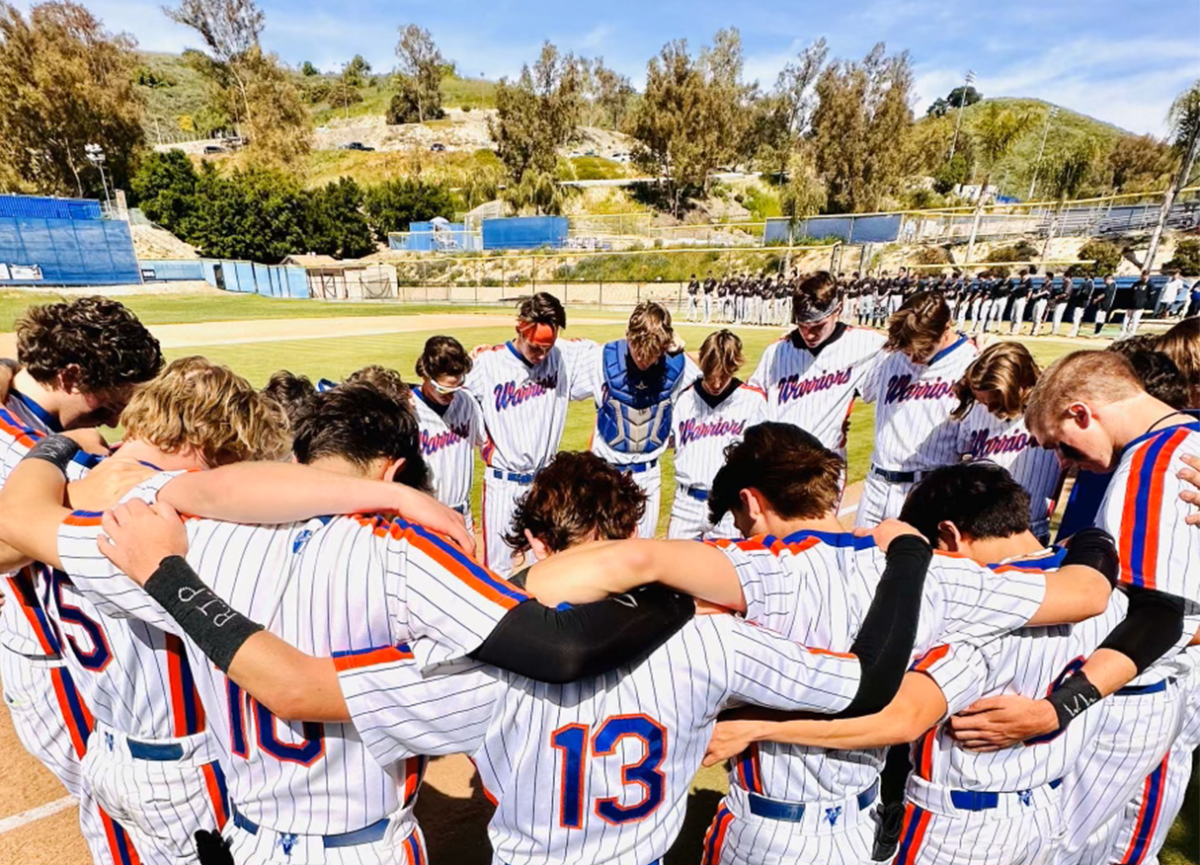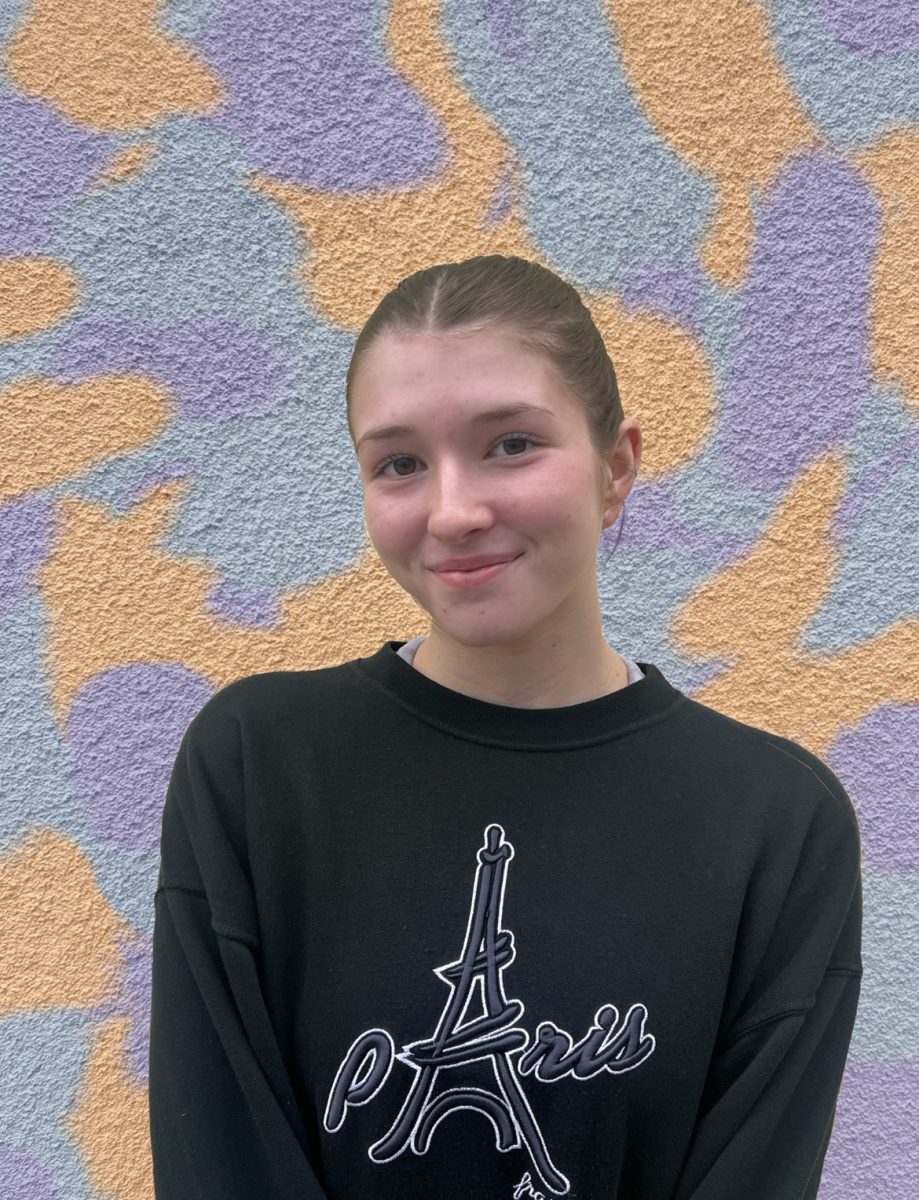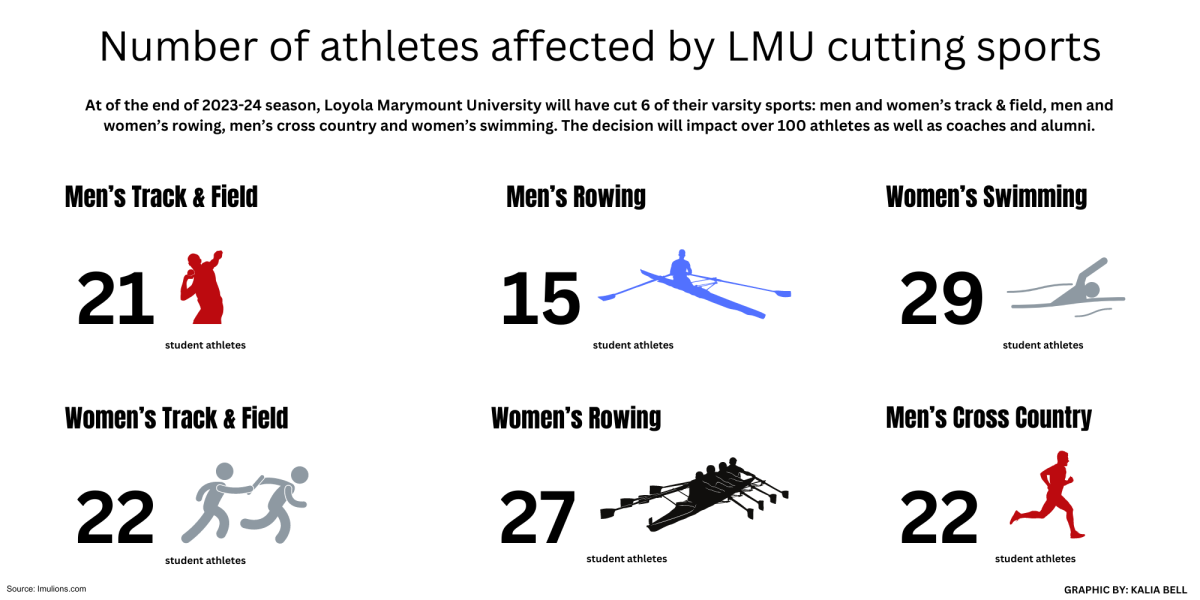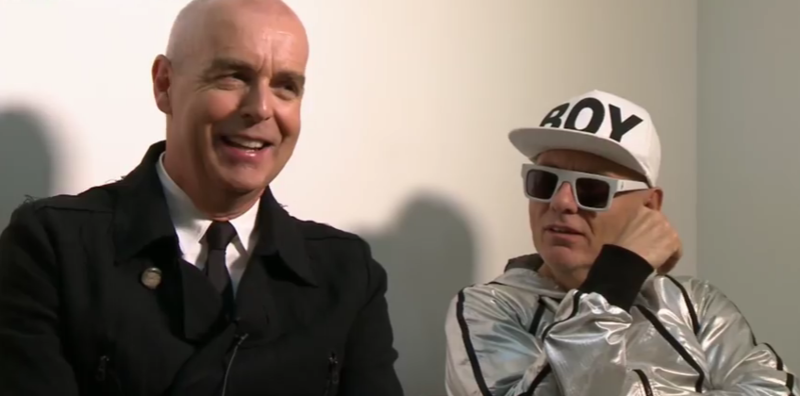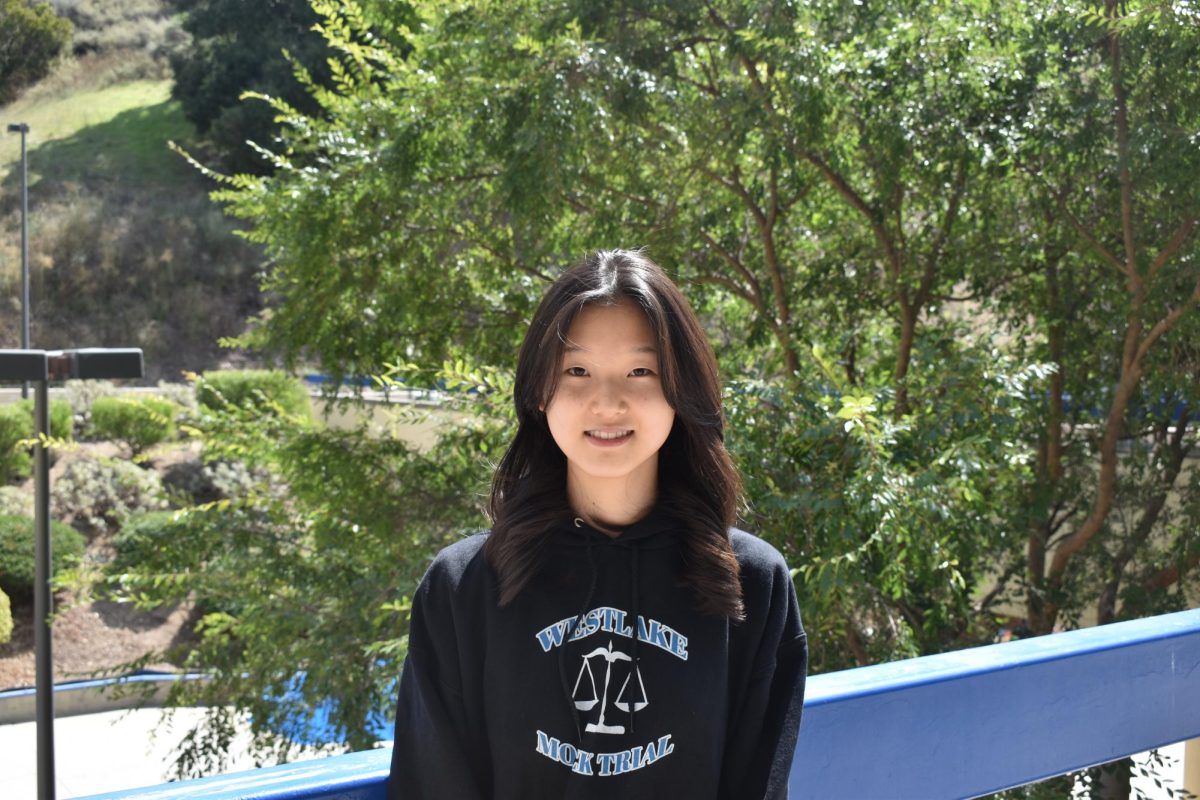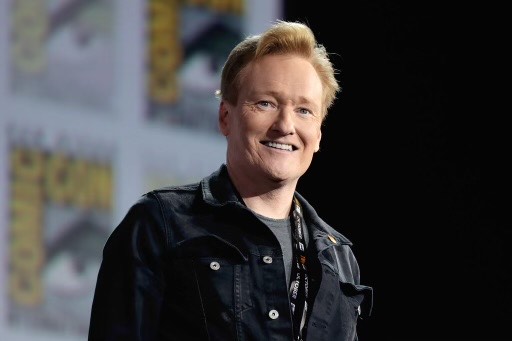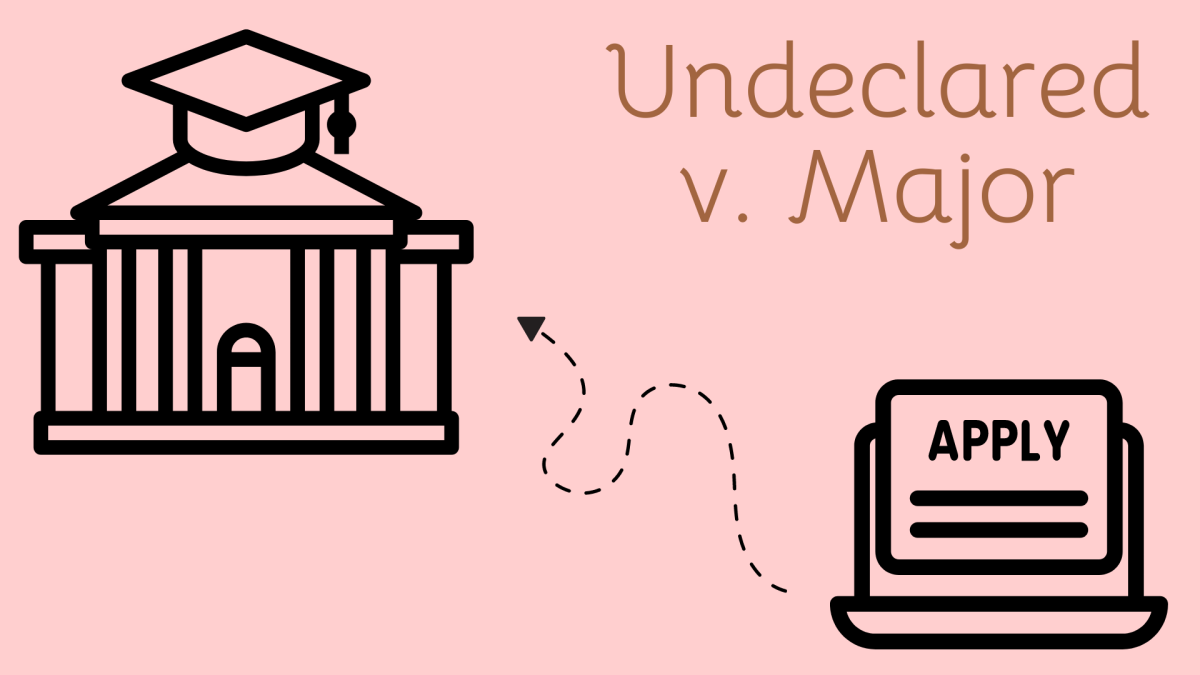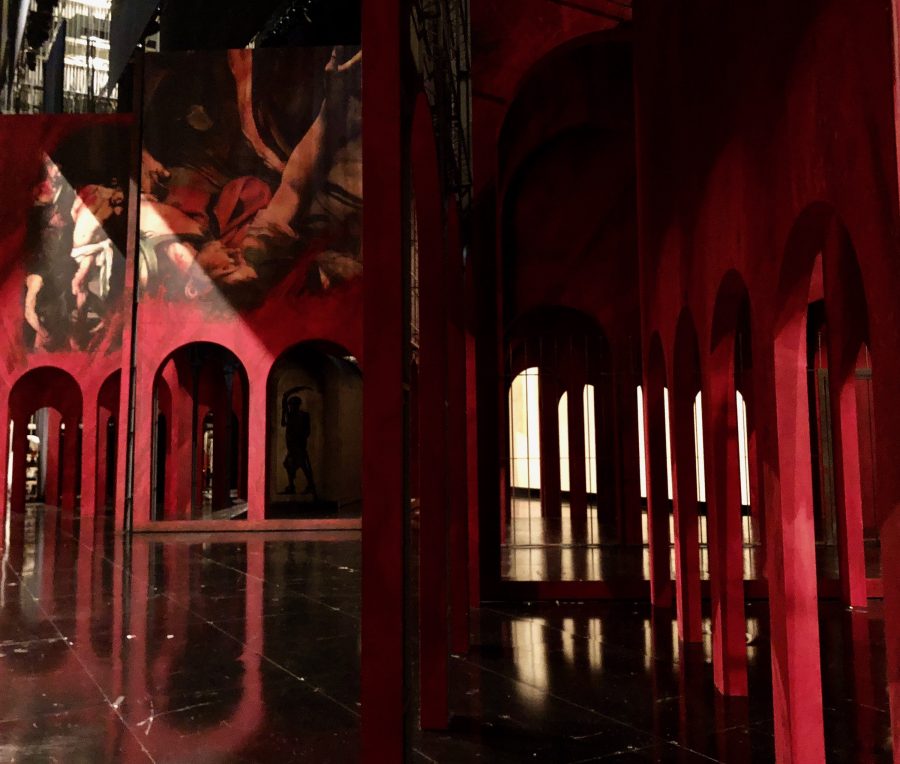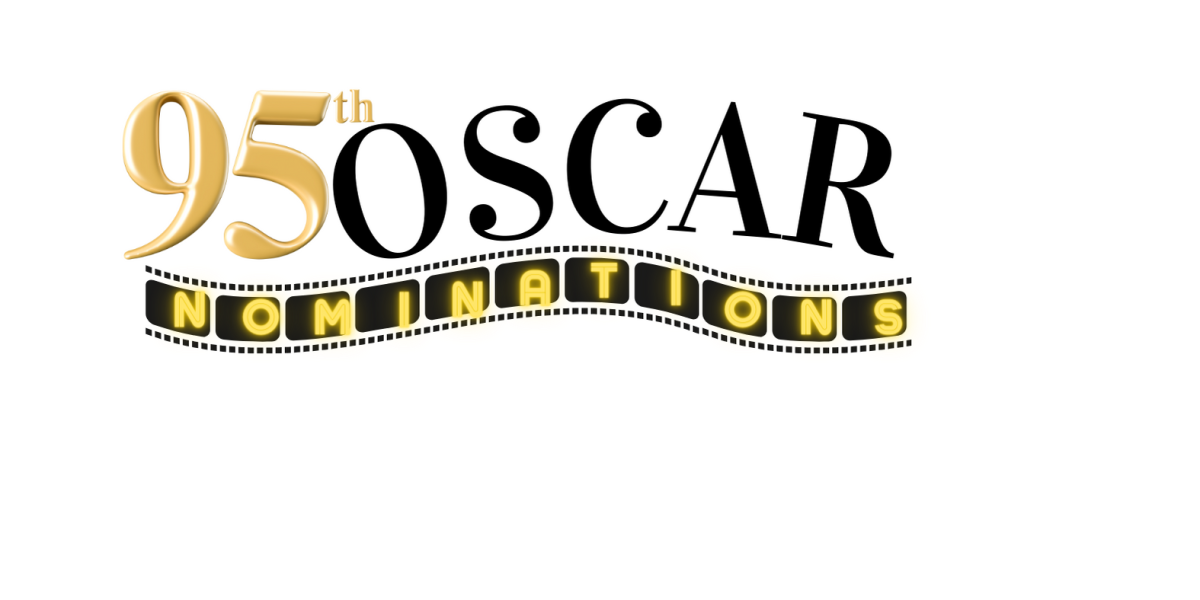Spoiler alert for Don Carlo!
It’s 16th-century Spain, and Carlos, Prince of Asturias is next in line for the throne, plotting to murder the king (his father), in love with the queen (his stepmother) and accidentally flirting with her scheming lady-in-waiting. Plus, he and his best friend are frontlining the ripplings of Protestant unrest in the Catholic-governed colony of Flanders. Oh, and the Spanish Inquisition is happening, too.
Talk about partying like it’s 1568.
That’s the premise of Giuseppe Verdi’s 1867 opera, Don Carlo. You’ve probably been listening to Verdi’s work your whole life without realizing it — think the Brindisi (drinking song) from La Traviata or his epic Requiem Mass.
What makes Don Carlo special, though, is the way it combines French and Italian operatic traditions. It was originally written with a French libretto and in the five-act format of French grand opéra, but since Verdi was an Italian composer, in many ways he adhered to Italianate musical and dramatic conventions. The Italian-libretto version he published in 1883 is the most-performed version of the opera now, but it still holds an unmistakably French influence that completely revolutionized the world of Italian opera.
“Verdi’s increasing mastery of orchestration, his expanding harmonic vocabulary and ever-deeping expressivity was both the impetus and the fruit of a hybrid operatic form,” said LA Opera music director James Conlon in the 2018 production’s program note. “The marriage of French and Italian traditions is consummated even as the heretics are consumed in flames.”
Whoo! Is it getting hot in here, or is it just the heretics being slowly roasted alive at the auto-da-fé?
LA Opera’s Don Carlo, a revival of the original 2006 production by Ian Judge, is directed by Louisa Muller and boasts a star-studded cast of internationally acclaimed singers, including the legendary Plácido Domingo as Rodrigo, Carlo’s loyal best friend.
Mexican tenor Ramón Vargas, one of the world’s highest-acclaimed Verdi interpreters today, brings a shimmering lyric timbre to Carlo, one of his signature roles. Vargas is well acquainted with the role, to say the least — having sung it many times, around the world and in both French and Italian — and it shows.
One thing I noticed about his interpretation was that he played Carlo as a deeply troubled youth thrust under the oppressive boot of monarchy rather than as a typical romantic hero (the latter being a traditional but relatively worn-out reading of the role). He confirms this in a recent interview with Opera Wire: “In Italian, he becomes too heroic sometimes and for me, Carlo is not a hero but a victim. He becomes a hero by the end of the opera, but the French version paints him better as a man with insecurity suffering from terrible circumstances.”
And although I do agree with Vargas that the opera “has more nuance in its original language,” there was something very satisfyingly Italian about watching him sob-sing the line, “All mia tomba, al sonno dell’avel, sottrarmi perchè vuoi, spietato ciel!” (Merciless Heaven, why do you call me back from the grave?) face down on the floor after being turned away by the queen.
Because of the caliber of vocal technique most operatic repertoire commands, opera-goers are also pretty used to suspending their belief when it comes to watching mature singers portray youthful characters. Vargas’ vocal maturity and prime technique show his age (58!), but I was totally convinced I was watching a man in his 20s or 30s on stage, he embodies Carlo so vivaciously and completely. (And honestly? He just looks really good.)
Grammy Award-winning Puerto Rican soprano Ana María Martínez, an LA Opera regular, is effervescent as Elisabeth de Valois. Martínez has already demonstrated outstanding vocal flexibility within her fach (voice type), gliding from the lirico-spinto Cio-Cio-San in Madama Butterfly to the sultry mezzo of Carmen’s title character with glittering ease. Verdi’s leading lady seems the perfect vehicle to showcase Martínez’s vocal chops, from the intensely dramatic ferocity with which she impetuously orders Carlo to murder his father (“Va…va…e svena tuo padre!”) to the floating lyric passages of her mournful Act IV aria, “Tu che le vanità” (You have known the vanities).
I also loved her dramatic sensitivity to each layer of Elisabeth’s extremely complex character, portraying her dignified, regal deportment in the royal court just as convincingly as her tragic tenderness towards Carlo or her fiery outburst against her oppressive husband, King Philip II — “Giustizia, giustizia, Sire!” (Justice, justice, Sire!).
Russian mezzo-soprano Anna Smirnova might be a newcomer to the LA Opera, but she’s clearly no stranger to Elisabeth’s devious lady-in-waiting, Princess Eboli, having sung her at the Metropolitan Opera, La Scala, Bavarian State Opera, Deutsche Oper Berlin and Valencia. Though Smirnova is also used to performing outside of her fach, with iconic dramatic soprano roles like Brünnhilde in Die Walküre or the title character of Turandot under her belt, her dramatic mezzo seems to have been made for Eboli’s heavyweight vocal passages and powerhouse coloratura. Her comic panache sparkles as she ostentatiously entertains the ladies of the court with her “Canzone del velo” (Song of the veil) in Act I, and she steals the show with her show-stopping Act III aria, “O don fatale” (Oh, terrible gift).
Italian bass Feruccio Furlanetto (Sep. 22-29, replaced by Russian bass Alexander Vinogradov from Oct. 4-14) returns to his signature role of Philip, a part which he has been singing for the past 35 years, including in the original 2006 production, lending his rich bass to both the manic melancholy and fiery tyranny of, in Furlanetto’s own words, “the most powerful man on Earth at the time” (source: Limelight magazine). At 69 years old, Furlanetto’s voice is still technically superb, and his dramatic experience with the role prominently shows in the sheer amount his character evolves over the course of the opera itself: in his younger days, he reports, he played Phillip as “a dry, severe monarch from beginning to end,” but now he “paint[s] with contrasts [the] human side” of the miserable monarch. This humanity is never more visible than during Phillip’s heart-rending Act III aria, “Ella giammai m’amò!” (She never loved me!), what Conlon calls “arguably the greatest solo in the 19th-century bass repertory.”
Before his years with Phillip, Furlanetto also played the blind, imperious Grand Inquisitor of the Catholic Church, sung brilliantly here by American bass Morris Robinson, another LA Opera favorite. Now a rising opera star, Robinson is also a former college football player, and he only discovered opera in his late twenties, but his extraordinary fluidity and effortless resonance make it sound like he’s been singing his entire life. Not to mention his acting filled up the entire house, and he did a sassy cape flip with his papal robes that SNATCHED. MY. WIG.
And, of course, the legendary silver fox, ahem, I mean Spanish tenor Plácido Domingo starred as Rodrigo. Domingo’s talents obviously need no explanation, and 50 years after his operatic debut in Verdi’s Otello, he sings the baritone role of Rodrigo with the same passionate temerity which he is so famous for bringing to Carlo in years past. At age 77, his voice shines with the same technical sublimity as it did in his youth — I was a hot mess during his death arias, “Per me giunto è il dì supremo” (For me the final day has arrived) and “O Carlo, ascolta” (Oh, Carlo, listen).
I love that Domingo is delving into the world of baritone roles and showing audiences his gorgeous lower register — as he himself famously said, “the high note is not the only thing,” although, to be fair, his high notes are still pretty darn jaw-dropping. Plus, he does the best on-stage rigor mortis that I’ve ever seen. Just saying.
The featured cast was also very strong: mezzo-soprano Taylor Raven (whom I absolutely adored as Vanderdendur in last season’s production of Candide) stood out as the young page Tebaldo, as well as bass Solomon Howard as “A Friar” (the spirit of Holy Roman Emperor Charles V) and soprano Liv Redpath as the “Celestial Voice” soloist. Raven and Redpath are both members of the LA Opera’s Domingo-Colburn-Stein Young Artist Program, and Redpath will be returning as Gretel in Engelbert Humperdinck’s Hansel and Gretel later this season.
Louisa Muller makes an outstanding directorial debut, and the production dazzles with the late John Gunter’s striking set design — a tangle of soaring crimson barrel vaults muraled with Baroque paintings, with an enormous, avant-garde crucifix towering over the stage during the auto-da-fé, an ominous, candle-lit chamber to represent the interior of Phillip’s castle and Charles V’s large, ornate tomb carved with intricate relief sculpture rising from a brooding, atmospheric graveyard flooded with stage mist. Tim Goodchild’s sumptuous costumes evoke similar emotion, from the king and queen’s royal garments, dripping with gold and jewels, to the black leather period garments of the chorus.
All in all, bravo to the LA Opera’s 2018 production of Don Carlo for an unforgettable four hours of soaring orchestrations, vocal acrobatics and red-hot action. And, of course, for providing my daily dose of very, very slow, dramatic death scenes.
LA Opera is currently showing Philip Glass’ Satyagraha, which traces the life of Mahatma Ghandi, through Nov. 11. You can support local theatre and opera by buying tickets at laopera.org.
